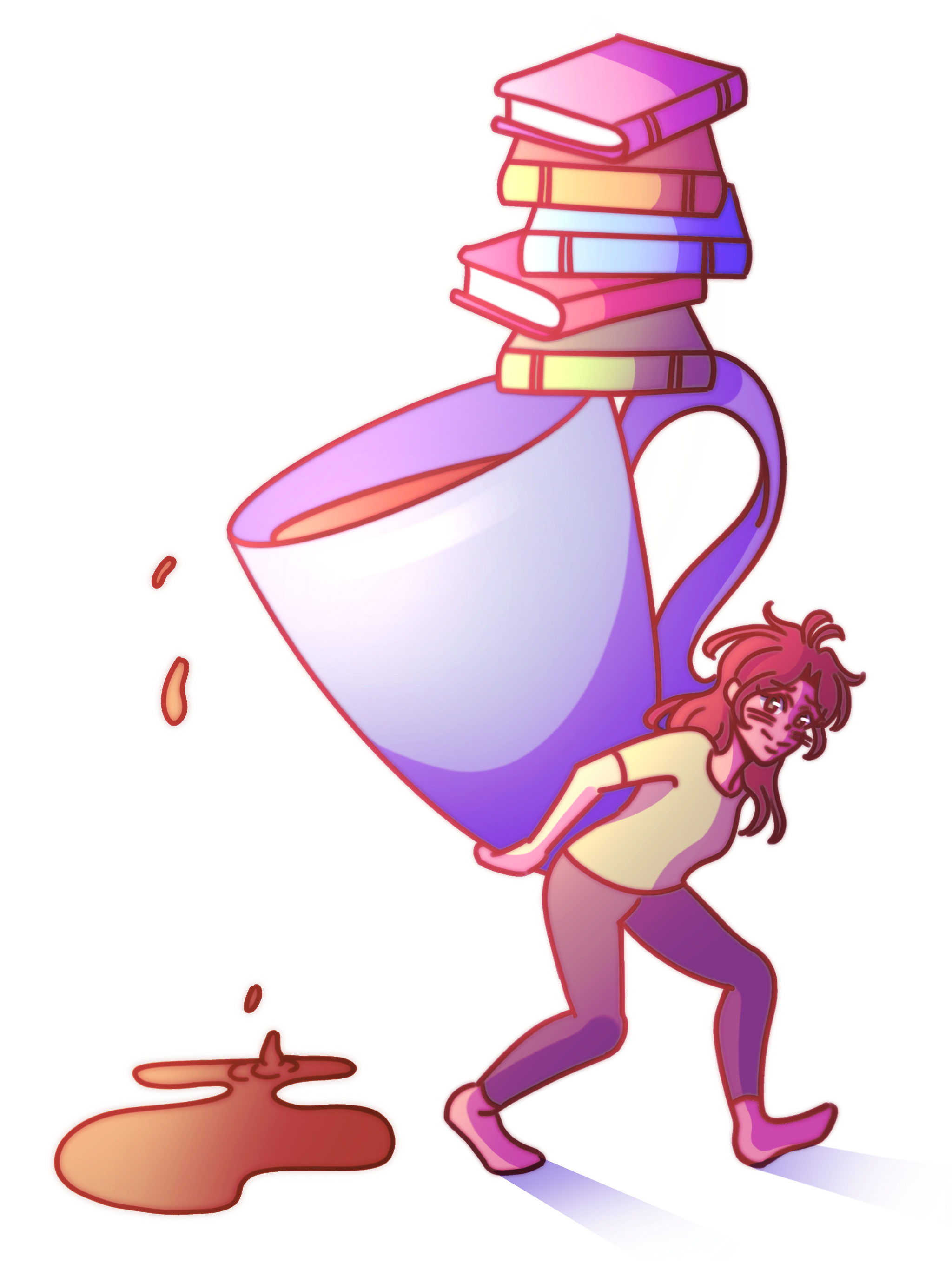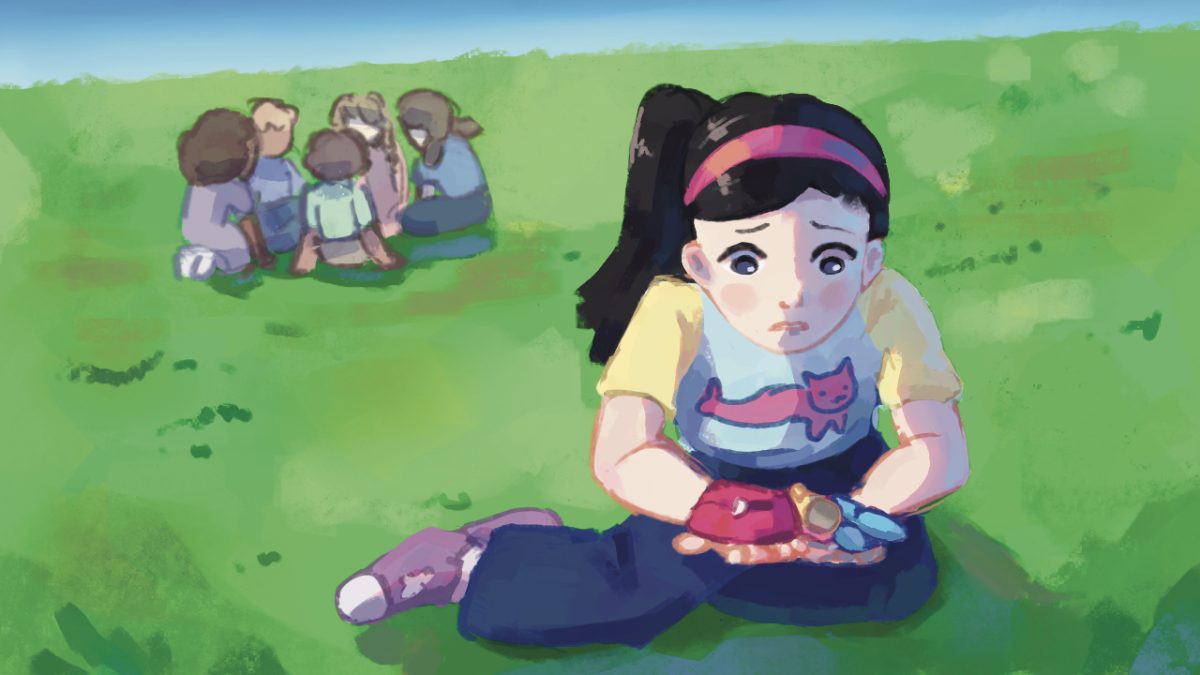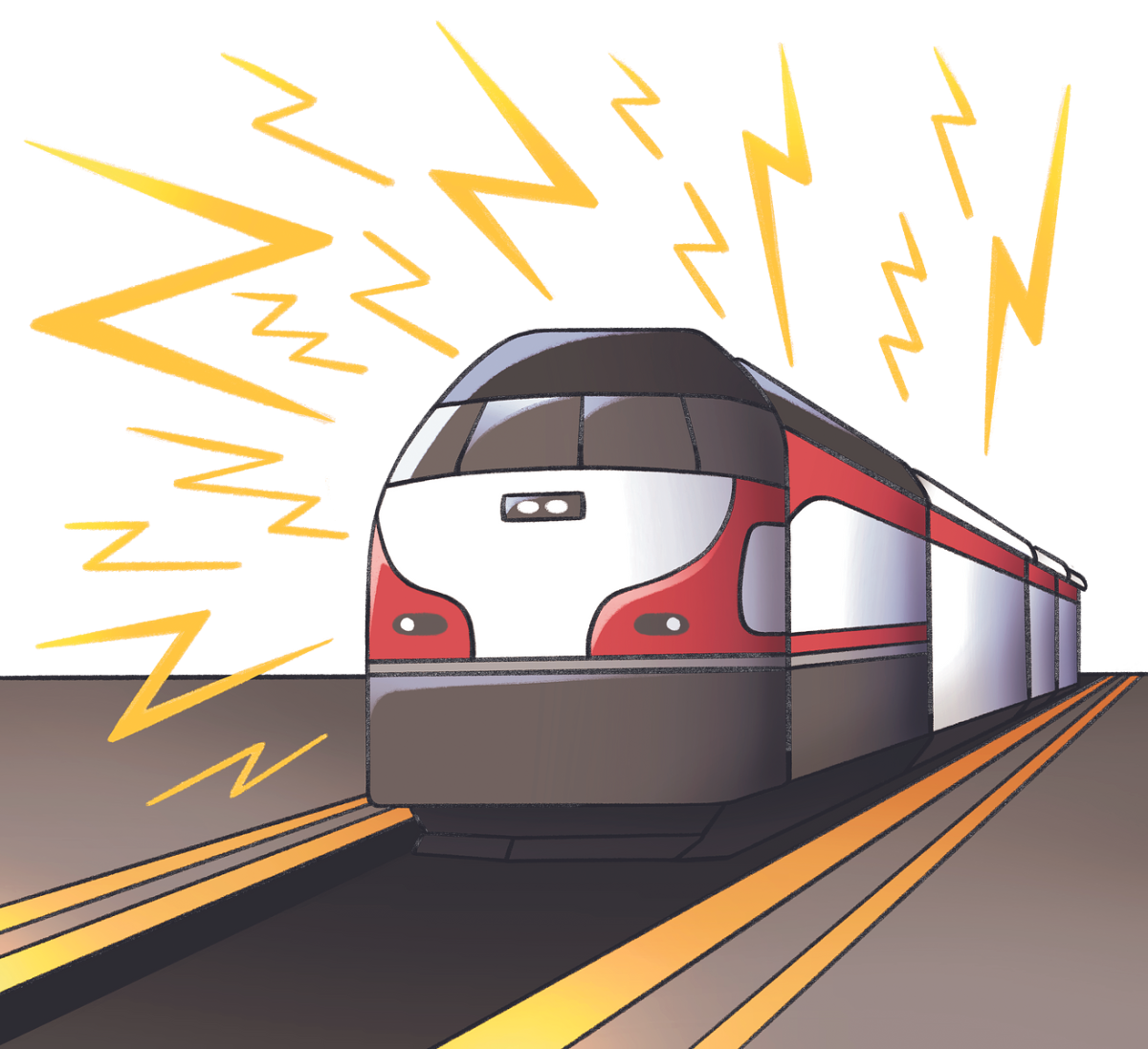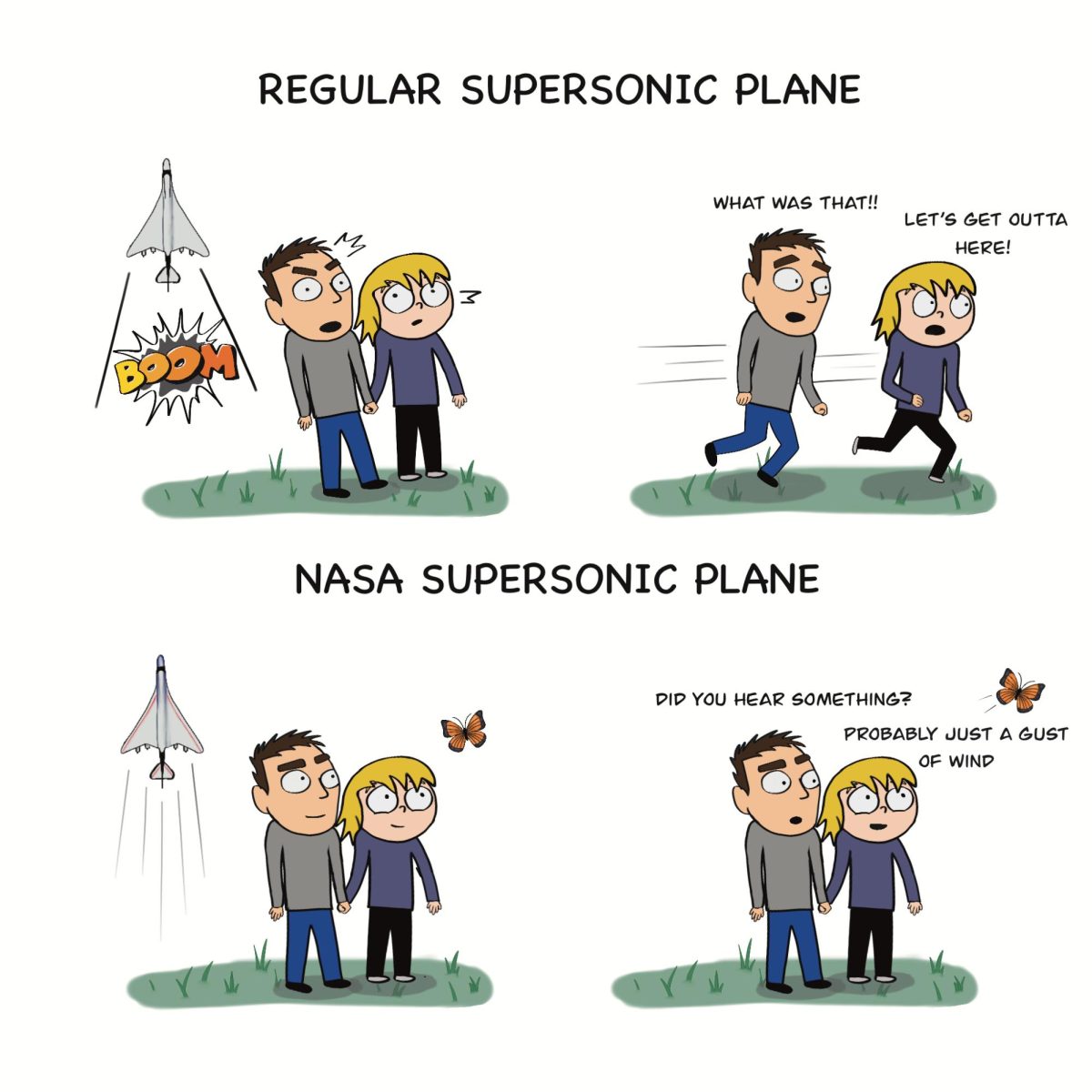A new study reveals that drinking black coffee in moderation can help people live longer. While this may be a revelatory conclusion, students should still take caution when considering the consequences of regular caffeine consumption.
Conducted by the research database UK Biobank, the study collected lifestyle and dietary information from more than 170,000 people between the ages of 37 and 73 over seven years. Those who drank 1.5 to 3.5 cups of coffee per day were 30% less likely to die during the study period than those who didn’t drink coffee. Those who drank unsweetened coffee were 16 to 21% less likely to die during the study period when compared to non-coffee drinkers.
For students like Junior Avni Shah, who regularly consumes coffee and caffeinated drinks to get through the day, this is great news.
“I drink it because I enjoy the taste, and it helps me stay awake for long periods of time which is extremely helpful for when I need to get work done,” Shah said.
Despite coffee’s supposed life-lengthening qualities and attractive taste, Shah said she does experience side effects from consuming it.
“If I drink it too late in the day, it keeps me up late at night, and if I drink too much in the morning, it makes me feel sluggish for the rest of the day,” Shah said.
AP Psychology teacher Christopher Farina said the biggest problem he sees in students is sleep deprivation, which can be induced by caffeine consumption. More specifically, Farina said coffee hinders sleep by preventing the production of certain neurotransmitters in the brain.
“Caffeine itself is the stimulant,” Farina said. “It works by blocking a receptor in your brain and body for what your body naturally produces, which is adenosine, and that promotes sleepiness,” Farina said.
Farina also said consuming caffeine to make up for a lack of sleep often results in a repetitive cycle with no real solution.
“The lack of sleep that people get drives the desire to consume caffeine so that they feel awake,” Farina said. “But if people were better about getting the quantity and quality of sleep that they need, they would not feel the desire or the need to consume caffeine in order to combat that fatigue.”
As a result, Farina said coffee can become an addictive substance for many users.
“People who have been using caffeine regularly for a while and stop tend to get caffeine headaches,” Farina said. “It’s kind of like withdrawal from caffeine.”
Farina said despite potentially extending one’s life, coffee can still become a dangerous and detrimental substance if students consume it too often or without proper caution.
“People come to expect coffee psychologically, so they kind of become psychologically dependent on it,” Farina said. “That’s just part of what they are used to, and of course, they can’t go through their day without it.”









